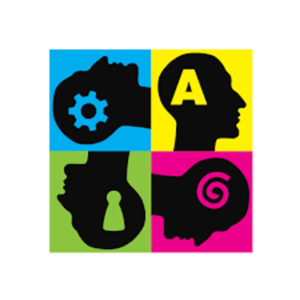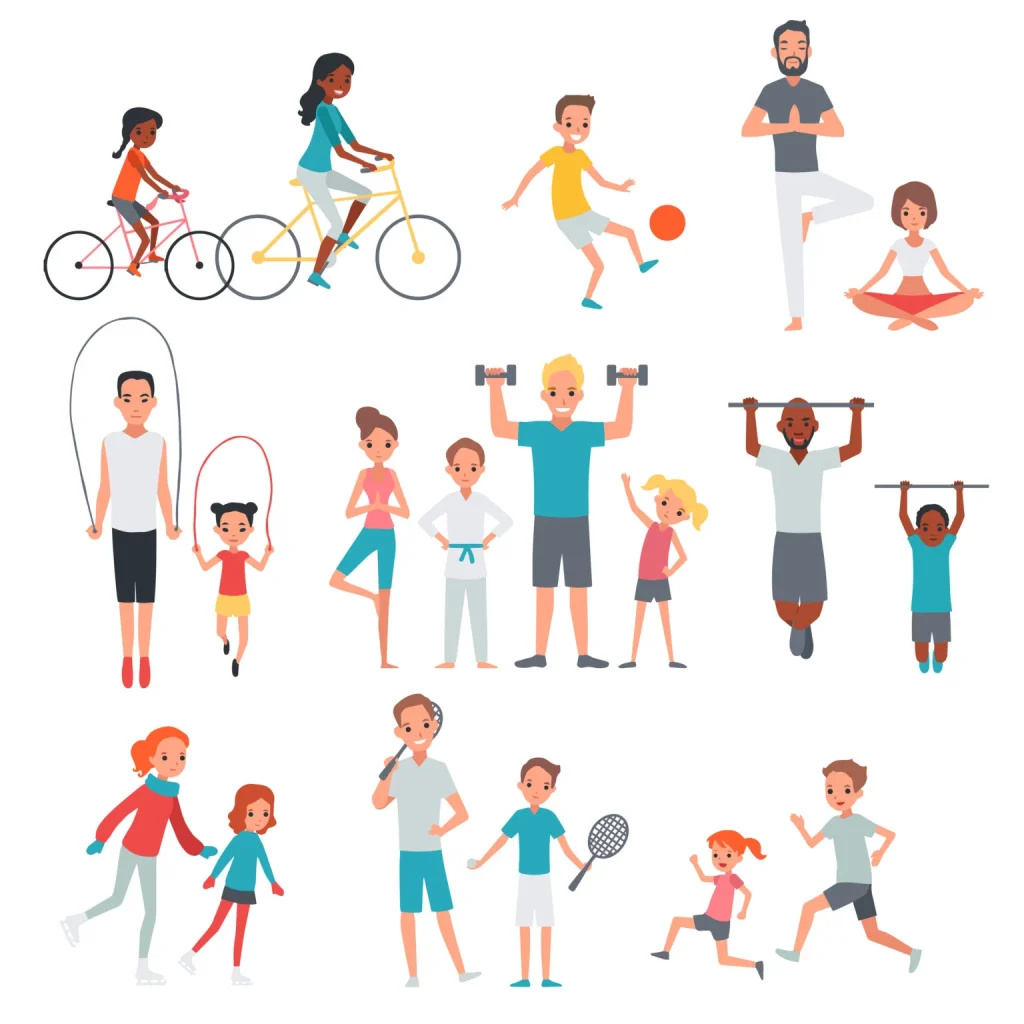Reasoning questions are those in which your kids are asked questions that are not under their syllabus. These questions Reasoning questions are those questions that are not under their syllabus. These questions are a bit difficult to understand as the toddlers need to put in their entire heads to understand the question. There are lots of perks associated with solving reasoning questions. They sharpen your kid’s minds and help them use their brain. Only reading the syllabus and preparing for exams won’t help your kids do great in life. They need to learn things that are apart from their academic syllabus. Make sure you let your kids face Reasoning questions so they can do good in their future as well.
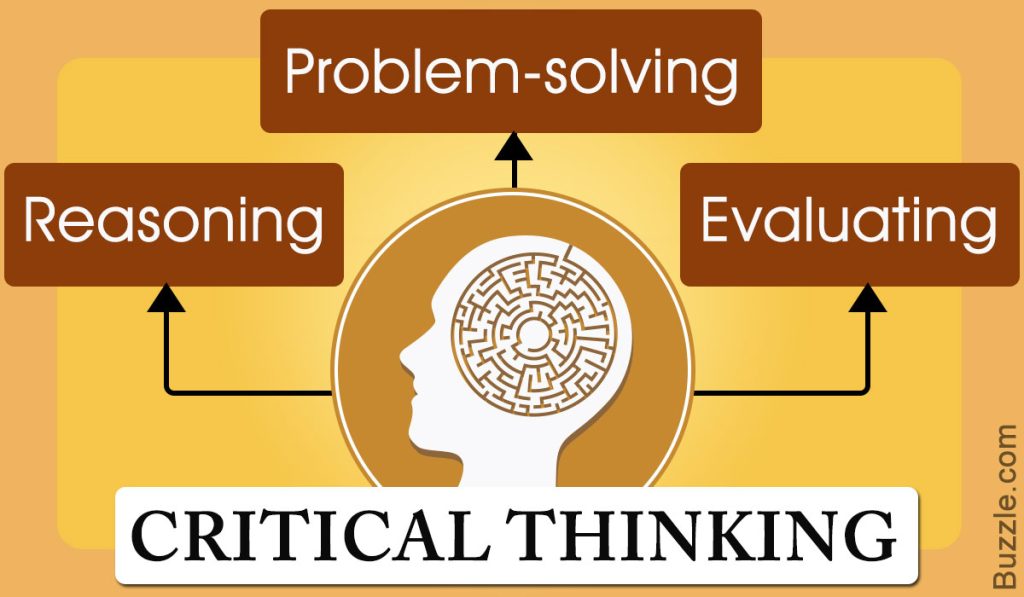
- Reasoning skills?
- What Makes Reasoning Skills So Important?
- What are the best times to use Reasoning Skills?
- Different Types of Reasoning Questions
- How Do You Solve Logical Reasoning Questions Quickly?
- Logical Reasoning Tips and Guidance
- What Is Logical Reasoning and Analytical Ability for Kids
- Logical Reasoning and Analytical Ability in Kids
- What are Logical Ability and Reasoning Question?
- Logical Ability Questions and Answers For Kids
- Techniques to improve your Logical Reasoning
- FAQ
Reasoning skills?
Reasoning refers to the process of taking information and comparing it with what we already know. Then, we come up with a conclusion. Simple, huh? Although much of our ability and capacity to reason is instinctive, it can be learned and improved. Many times reasoning skills are subconscious and happen in a matter of seconds. Sometimes, we have to think through the situation and come with a solution. The ability to reason is essential for daily life. We use it to make decisions, distinguish between positive and adverse, decide how to approach a problem, resolve it, and many other things.

What Makes Reasoning Skills So Important?
Children will have a great range of expertise to solve a variety of problems. These elements are essential for children’s development and maturity.
Thinking skills increase meta-cognition (thinking about your thinking). This allows students to assess and monitor their thinking. Also, allowing them to have greater control over their learning and a better understanding of the skills they should use. Intellectual thought is metacognition skills.
They assist children in making rational, evidence-based decisions. These are essential for children to be able to think deeply about ethical and societal issues. Children learn reasoning skills to see the world from different perspectives. This helps children develop empathy and understanding. They encourage creativity and support children to make connections and approach problems holistically.
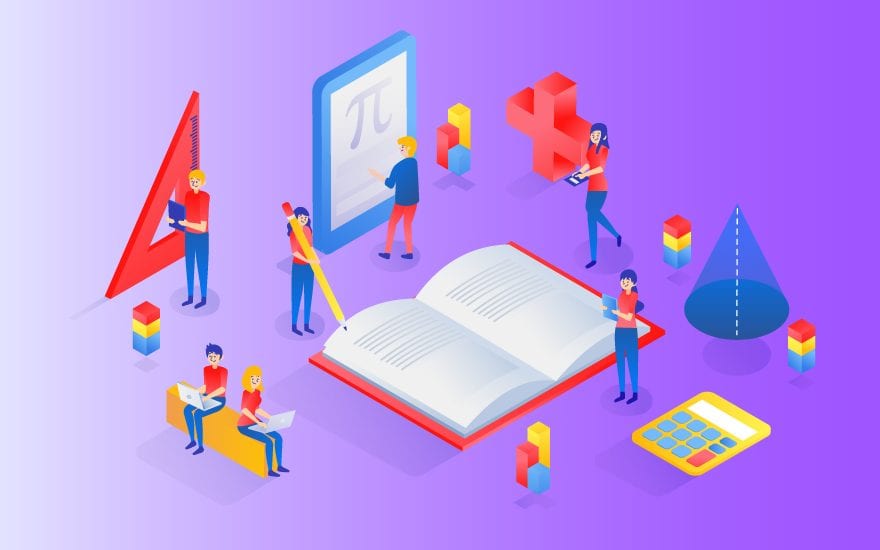
What are the best times to use Reasoning Skills?
When we are self-reflective and analyze situations, we use reasoning skills daily. Recognize loaded language in arguments and attempts to misrepresent information. They respond to counterarguments. They can determine how reliable a source of information is.
We will evaluate the reliability of examples of evidence. We will come up with other explanations. When we recognize patterns in data, we generate ideas and hypotheses.
Different Types of Reasoning Questions
Logical Reasoning
These reasoning questions are designed to test your logic and help you find a solution for the given series of questions. These series are what? These are the number series, symbol series, and making judgments. They also include letter series, matching definitions, analogies, and letter series. These questions can be easily solved with some tricks and tips.
Non-Verbal Reasoning
Non-Verbal Reasoning Questions contain questions with numbers and words. This question asks you to arrange a set of figures in a particular order. These are the questions that the student must use to locate the missing figure. Non-verbal reasoning includes questions such as classification, water images, and mirror images. The student must also spot the missing figure within one figure.
Verbal Reasoning
These questions are very common and have caused many to be concerned. They test their vocabulary knowledge and make deductions from statements and words. These questions include classification, analogy and blood relation, direction sensing test, Logical Venn Diagrams, coding-decoding, symbols, notations, situation reaction tests, statements, assumptions, ranking, and symbol-decoding. Once you practice these questions, they become quite interesting.
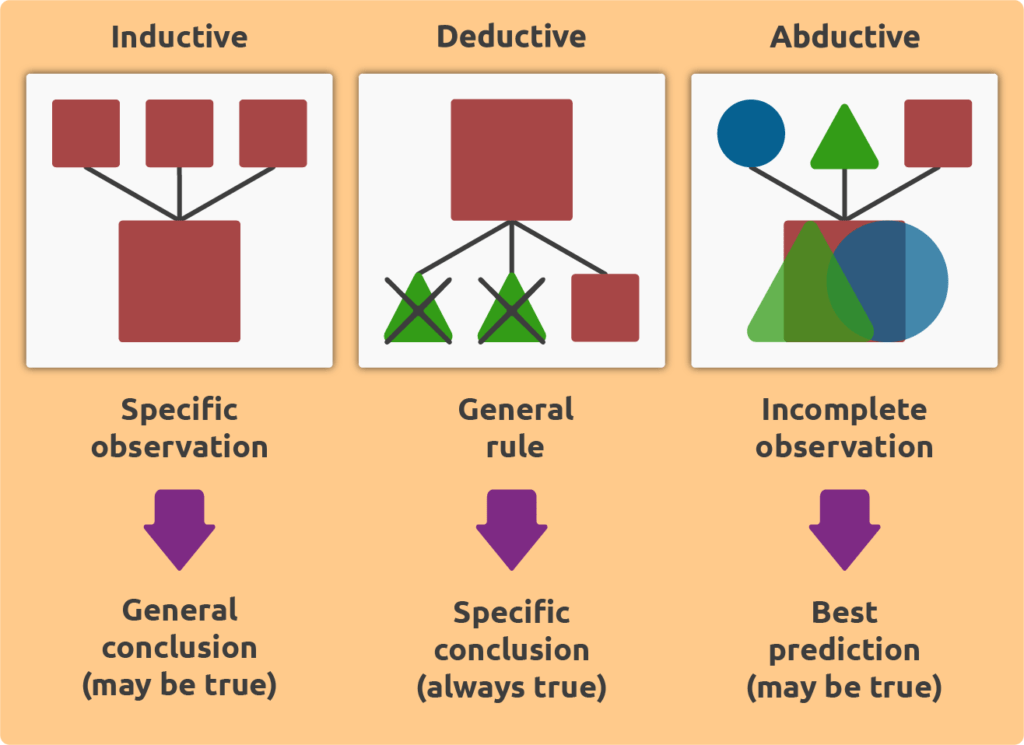
Analytical Reasoning
It measures the person’s cognitive abilities. It allows us to think, to search for evidence, assumptions, and themes, etc. We simply have elements, and they are in a certain situation. It is necessary to determine the relationships among them. This includes questions such as “numbers of figures” from complex figures and other problems that are based on percentages.
Data Interpretation
These types of questions are given a weightage of around 10-45 marks. These questions include Tabulation and Line Graph, Pie Chart, Bar Graph, and Pie Chart. These types of questions require calculations that are quick and precise. This requires a lot of practice. Learn about figures and deduce relationships before you can conclude.
Puzzles
Any aspirant who has the right strategies, concepts, and tricks can solve puzzles quickly and easily. To get a better understanding of these puzzles, take an online quiz. Puzzles can include Sudoku, Number Puzzles, and Clock, Playing Cards, as well as Clock-related questions. It’s very interesting, though.
Data Sufficiency
Data sufficiency can be defined as a basic understanding of mathematics, either directly or indirectly. Intenders must investigate the statements available and determine if they are sufficient to answer the question.
Learn more about the different types of reasoning questions…

Practice is key to your success with these questions. You can read as many books as you like, such as R.S. Aggarwal, Arihant Publications, M.K. Pandey, Etc. There are many resources on the internet. The most popular website is learning to learn.podium.school. YouTube channels, and others. You can dive into the depths of the internet, as I mentioned. There are many resources available. Learning and practising a lot will be the key to unlocking the future.
How Do You Solve Logical Reasoning Questions Quickly?
After we have analyzed an example question it is time to learn some tips that are specifically targeted for logical reasoning tests.
Watch our video below to see how he explains some logic reasoning tips. Also, you can read the tips below:
Start with the easiest method
There will likely be many variables involved in determining the correct answer to logical reasoning questions. However, not all variables are equally complex.
You can use your intuition or simply look at the images to see which pattern is easiest. It could be something as simple as a box changing color or an arrow changing in direction. This will help you narrow down your options and make it easier to find the right answer.
If your luck is really good, you will find the answer to your easy pattern. You’ll be able to get the right answer without needing to solve the other patterns.
The Pattern Works Forwards and backward.
It is sometimes a good idea to look at the pattern both backward and forwards to see if your logic is consistent. This will not always be applicable, but it is a good way to see if the pattern works in reverse.
Take Time to Be Aware
It is important to not spend too much time answering each question.
You might notice that you don’t have to double or triple-check every pattern in every query once you gain confidence. This will save you time and help you save money. Confidence will save you time.
Many opportunities for practice
It’s not enough to take 10 tests and then decide you’re ready. Practice is about learning. Examine your test performance. Read the explanations for incorrect answers and the reasons why they were not correct.
Logical Reasoning Tips and Guidance
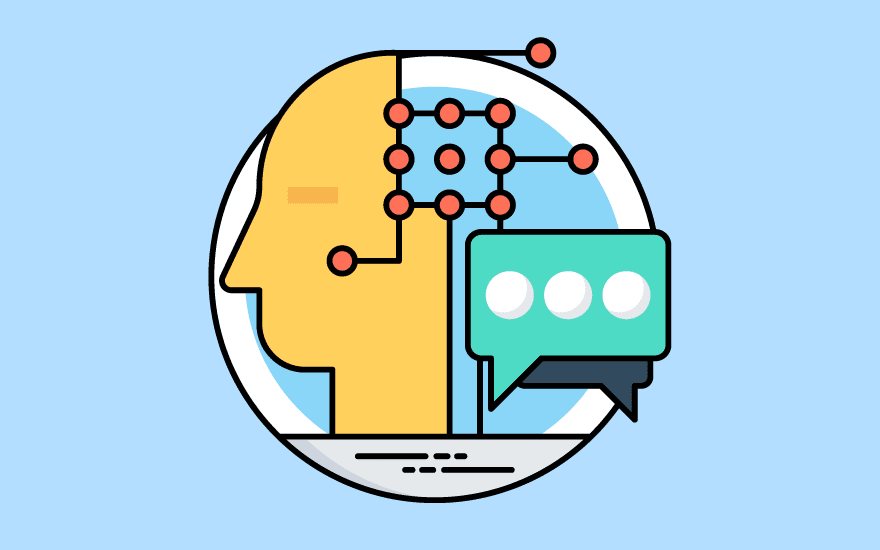
First, we recommend that you watch the logical reasoning tutorial mentioned above. This will help you understand different question types. Let’s now move on to the tips.
Familiarity is the key
Logical reasoning tests may appear very complicated at first glance. It’s difficult to grasp the meaning of a series of oddly-shaped shapes. It will save you time and effort trying to figure out what is going on by becoming familiar with patterns of symbols. This will give candidates an advantage over candidates who don’t use practice tests.
Set up a system
It is important to answer a question by creating a game plan that you can immediately start. Do not attempt to address all symbols and shapes together, but separate them into their symbols. Notice how certain shapes change through the sequence. Then, take the missing pieces and create the missing sequence.
Time should be considered in your system. Calculate how long you have to answer each question, and then practice answering them within the time limits.
Do not spend your first moment looking for the answers.
Although it is common to glance at the answer options immediately after you have looked at the question, this can lead to confusion and waste. You have limited time and if you look at the answer options first, you will be unable to comprehend the sequence. Once you are clear on the question and the sequence, you can look at the answer options to help you eliminate certain options.
Think logically.
These types of tests will be easier if you’re more logically able. You can also use practice tests to train your brain.
Practice makes perfect
These tests will improve your system and help you feel confident in answering the questions. This will allow you to identify any weaknesses and help you work on them.
What Is Logical Reasoning and Analytical Ability for Kids

Analytical reasoning is a test of a child’s ability to analyze data and use logic to find patterns or draw conclusions.
Analyzing is a method used to analyze data in the real world.
Children with analytical skills are more likely to see patterns and details and think about how the key elements of that information interact.
Below are questions and answers that will help you understand the topics of logical and analytical reasoning. Explanations have been included to help you understand the questions. These questions will help improve your child’s problem-solving and critical thinking skills.
Logical Reasoning and Analytical Ability in Kids

Parents want their children to develop quickly in their cognitive abilities. Because children learn by watching and interfacing, we must engage in logical-analytical exercises that help them develop their cognitive abilities.
The logical and analytic exercise for children’s brains is designed to help them remember what they have learned. Both mental and physical exercises are possible. These activities can help students increase their academic performance and provide an outlet for their energies.
You can help your child be sharper and smarter by teaching them simple logical and analytic exercises. This will allow them to perform better at school and home.
What are Logical Ability and Reasoning Question?
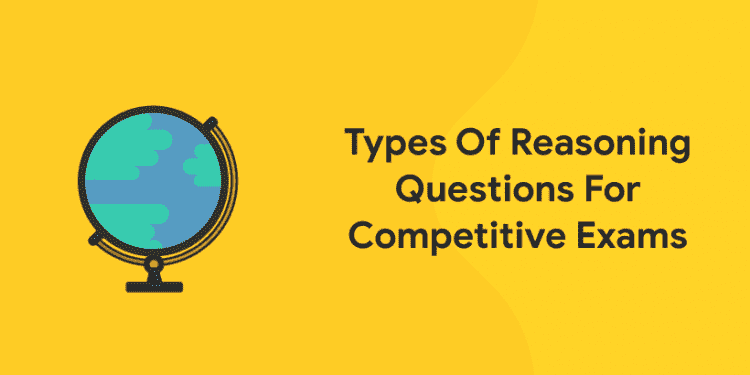
Concentration exercises
Children can use concentration games to focus their attention and memorize the names of objects. Give the child 30 seconds to recall all the names of toys and other items. In a short time, it will be difficult for the child to remember the names of toys and objects.
The Child becomes sharper and more intelligent
This activity encourages creativity and reasoning in your child, making them smarter and more creative. This exercise improves memory and helps children learn faster than others.
Children have more self-esteem and confidence
A child’s confidence and self-esteem will be improved by engaging in analytical and logical activities. Puzzle games can improve creativity, organizational skills, and analytical skills as well as coordination and concentration.
Creativity is encouraged
These questions help children develop creativity. Children develop creativity and coordination early on.
Enhances Communication Abilities
These activities and reasoning enhance communication skills, as well as storytelling techniques that allow for the effective presentation of ideas. Research has shown that children who have better communication skills are more likely to succeed and develop leadership qualities.
Reading a book or listening to a story can improve brain development.

Logical Ability Questions and Answers For Kids
Question 1
#A man can die on his 24th Birthday due to old age. This is logical!
Solution: He was born on February 29th.
Explanation: The 29th of February occurs every four years; he would age every year, but celebrate his birthdays only every four years.
Question and Answer 2.
#There are three matches on a table. You can make a four-player team with them, but you don’t need to add any match sticks. You should not break any of the matches.
Solution: IV.
Explanation: Take the form of a Roman number four IV and three matchsticks.
Question and Answer 3.
# In town, there’s a clothing shop. A suit will cost you Rs 24, socks Rs 30, and caps Rs 30. A pair of trousers will cost you Rs 48. Use the above method to calculate the cost of a hoodie.
Solution: 36 rupees.
Explanation: Pay attention to the prices and how many letters are in each word. The owner charges 6 rupees for each letter of the word. The word “Suit” has four letters so 6 x 4 equals 24. Similar to the word “Suit”, six letters make up the word “Hoodie”, 6 x 6 equals 36.
Question and Answer 4.
#Which total month has 28 days?
Solution: Every month.
Explanation: February is the first thing that springs to mind when asked this question. But, we forget that each month has 28 days.
Question and Answer 5
#A three-digit number is one in which the second and last digits are four times each other. Find the three-digit number.
Solution: 141
Explanation: The fourth digit of the number 141 is 4×1, and the last is 3x less than the second, which is 4 x 3. = 1.
Questions about Analytical Ability for Children
What is the first thing a snowman eats in the morning?
Answer: Snowflakes
Which side has more feathers when it comes to turkeys?
Answer: It’s outside
Which animal wears his shoes to bed every night?
Answer: A horse
It becomes shorter when you add two letters to one word.
Answer: Very Short
What can you do with it after you give it away?
Answer: Your work
What can you see in the middle of March and April?
Answer: The word “r”
It doesn’t matter how heavy it rains, it never gets wetter.
Answer: Water
How many men were born last year?
Answer: None, only babies were born
Techniques to improve your Logical Reasoning
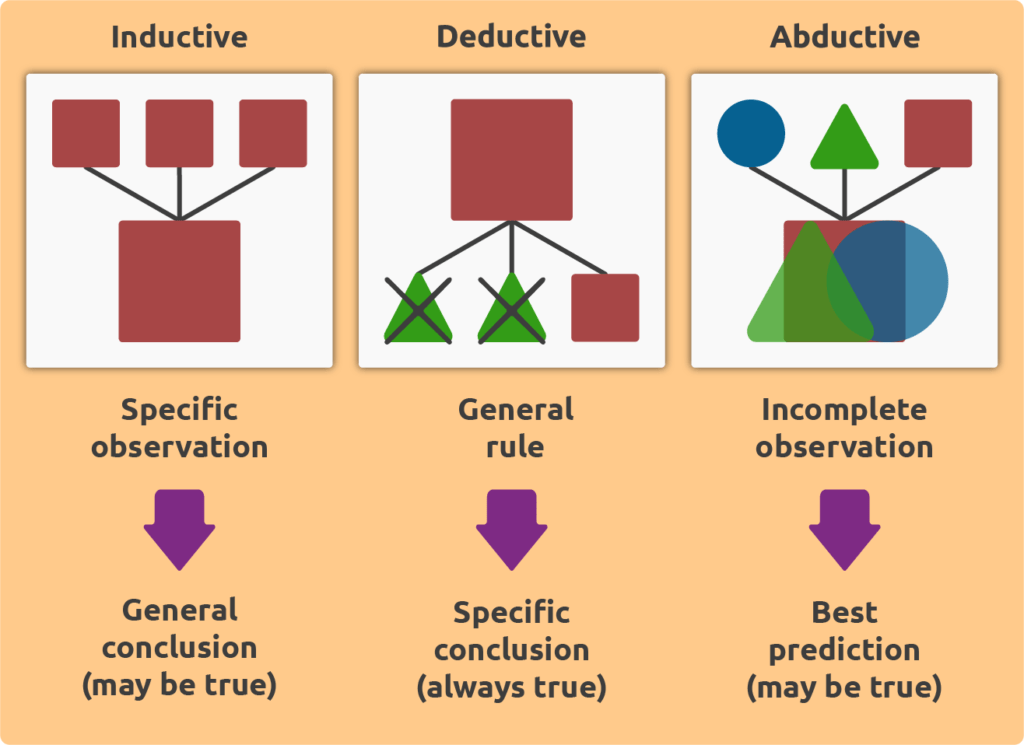
Untrained minds should expect to be able to understand logical reasoning just as well as a trained hand. These are the top methods to teach your mind how to reason logically.
1 – Try to distinguish between observation and inferences:
It is essential to distinguish between inferences and observations when trying to improve your Logical Reasoning skills. Observation is using your senses like hearing, sight, smell, and touching to gather information or data. Inference refers to the conclusion that we draw from this observation. The inference is a conclusion that is based on observation. Observation is more factual. You should also be able to distinguish facts from conjectures. Facts refer to things that can be proven or believed to have real occurrences. Conjectures are calculated guesses that are based on incomplete or prior information. You will be better able to make informed decisions once you have an understanding of facts, observations, and inferences.
2 Make logical decisions by using conditional statements
Although it might sound absurd, you can think in conditional statements to find causes and consequences for small and even insignificant facts. Let’s say it snows every day. It would read: “If it’s snowing, it’s cold outside.” If the first sentence’s premise is true, then the conclusion is also true. Conditional sentences are when the second sentence is conditional. You can do this with other things (If my phone falls, it will crack; If I don’t eat, it will become hungry, etc.) and continuously test the relationship between the conclusion and the premise.
3 Play card games
The challenge of playing card games is not only enjoyable but also helps to improve your memory, focus, and analytical skills.
4 Read/watch murder mysteries
Takes logic to read crime novels and watch detective stories. You must solve the mystery before the author divulges the plot. One great tip is ” Once you have eliminated all the impossible, then whatever remains, no matter how unlikely, must be the truth.” This will make it easier to find the right solution. Another great brain exercise is breaking codes (found on the web).
5 Recognize patterns
To improve your logical reasoning skills, pattern recognition skills are essential. Pattern recognition improves your spatial, mental, and IQ abilities. It is likely that you have seen a series of numbers and need to identify the pattern. Recognizing patterns is essential for making effective decisions and drawing accurate conclusions.
6 Basic analytic values
You should ensure that your thinking process is based on the following values: anticipating, anticipating what lies ahead, critical thinking (question everything), interpretation (seeking patterns), deciding and learning from your mistakes.
FAQ
- What do reasoning questions mean?
The logical reasoning question can be either verbal or nonverbal. In verbal logical reasoning queries, the concepts and problems are expressed using. … Candidates must read and comprehend the text or paragraph given and then choose the correct answer from the options.
2. What is the cause of poor reasoning skills?
As the prefrontal cortex in children, the reasoning is a fundamentally human trait. It develops later in life. There are many reasons why reasoning deficits may occur. Impaired reasoning, for example, can be the first symptom of frontal-lobe dementia or sequelae from head trauma or stroke.
3. Is it possible to lose your critical thinking skills?
There are many examples of poor critical thinking. A lack of critical thinking skills can lead to loss of opportunities, financial resources, relationships, and even death. Critical thinking skills are probably the most valuable attribute.
4. Is reasoning possible in the brain?
Frontal Lobe
This lobe is located in the front of your brain and is responsible for reasoning, motor skills, and higher-level cognition. The motor cortex is located at the back of the frontal brain, near the center and sulcus.
Share with your friends

